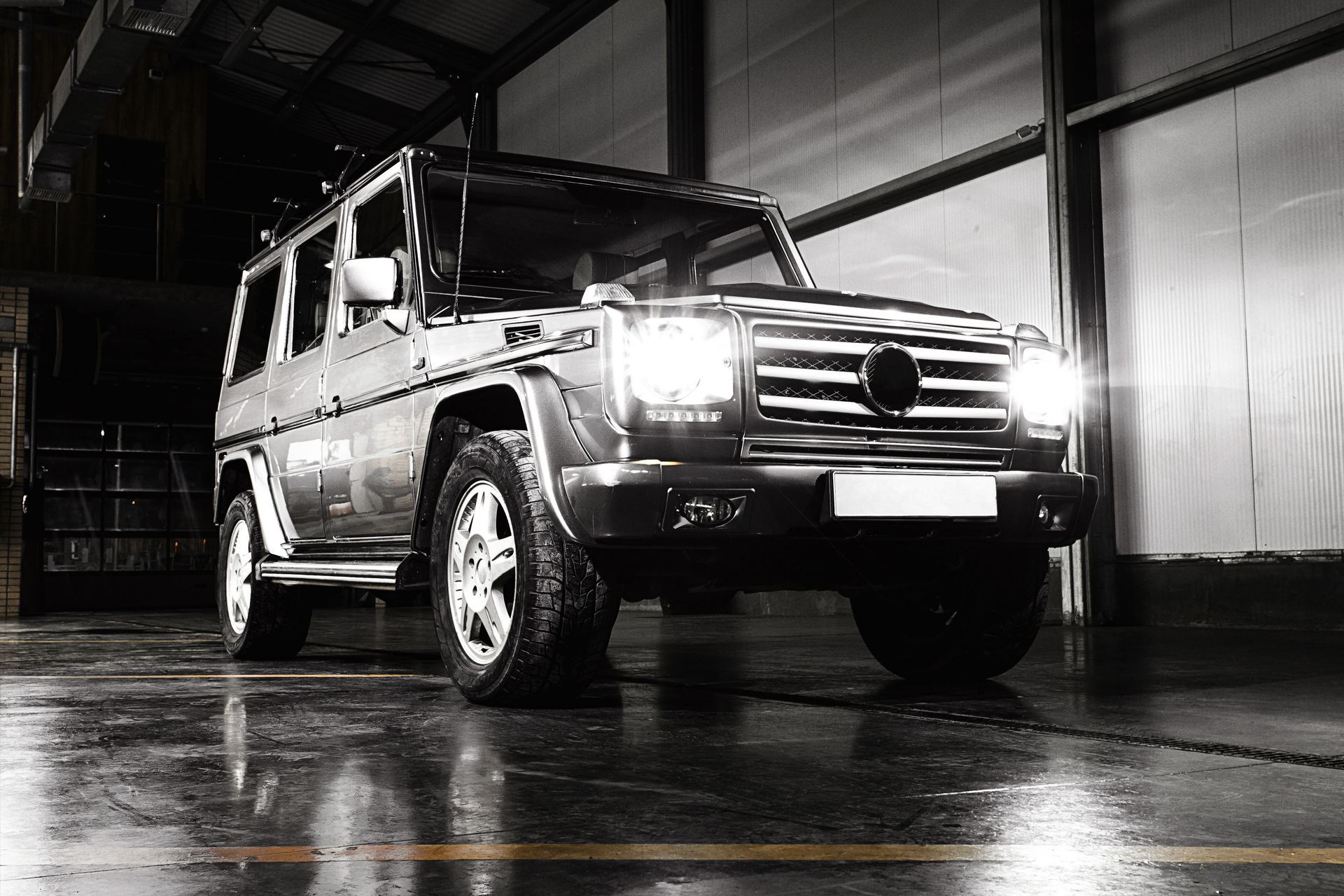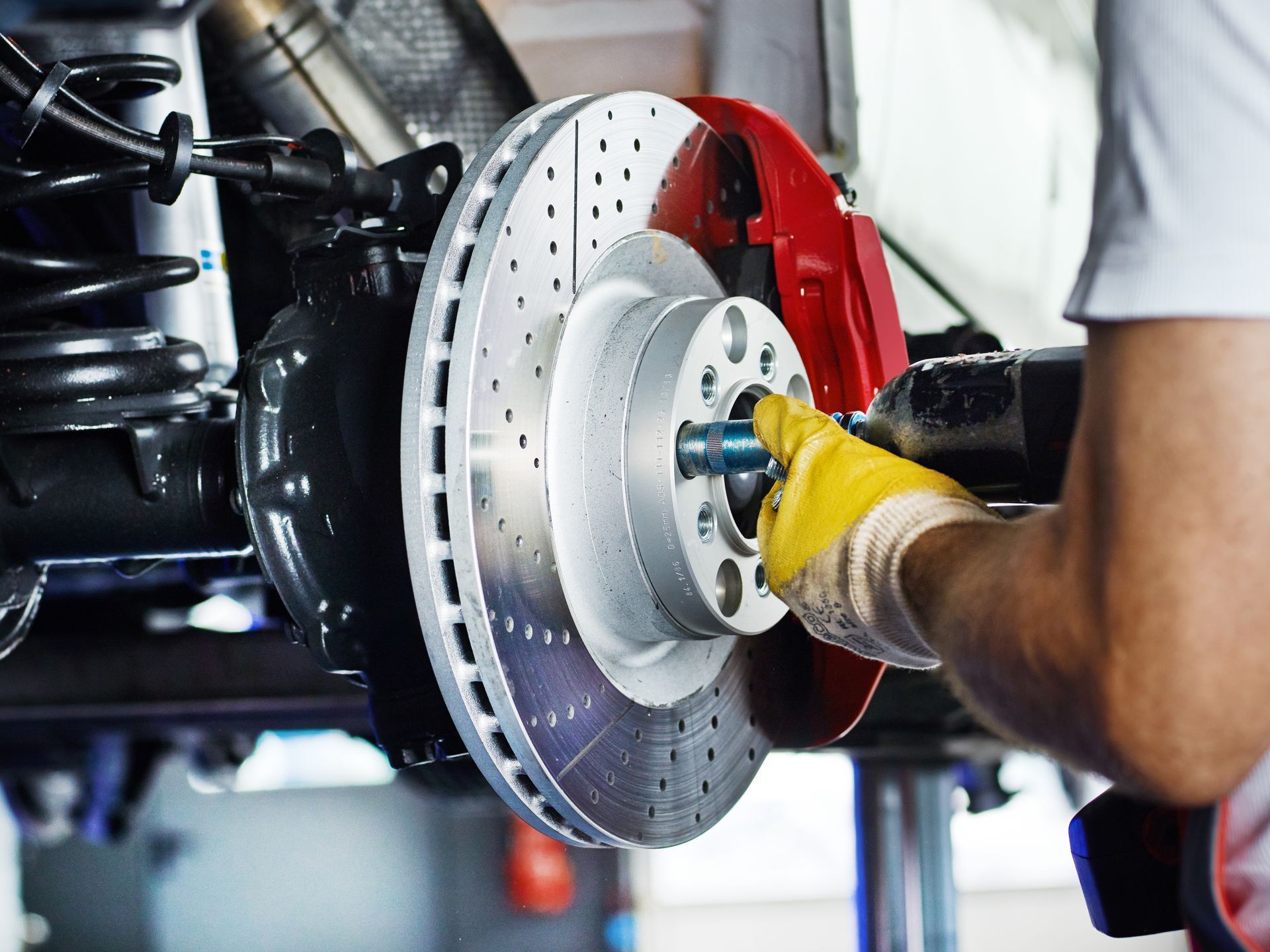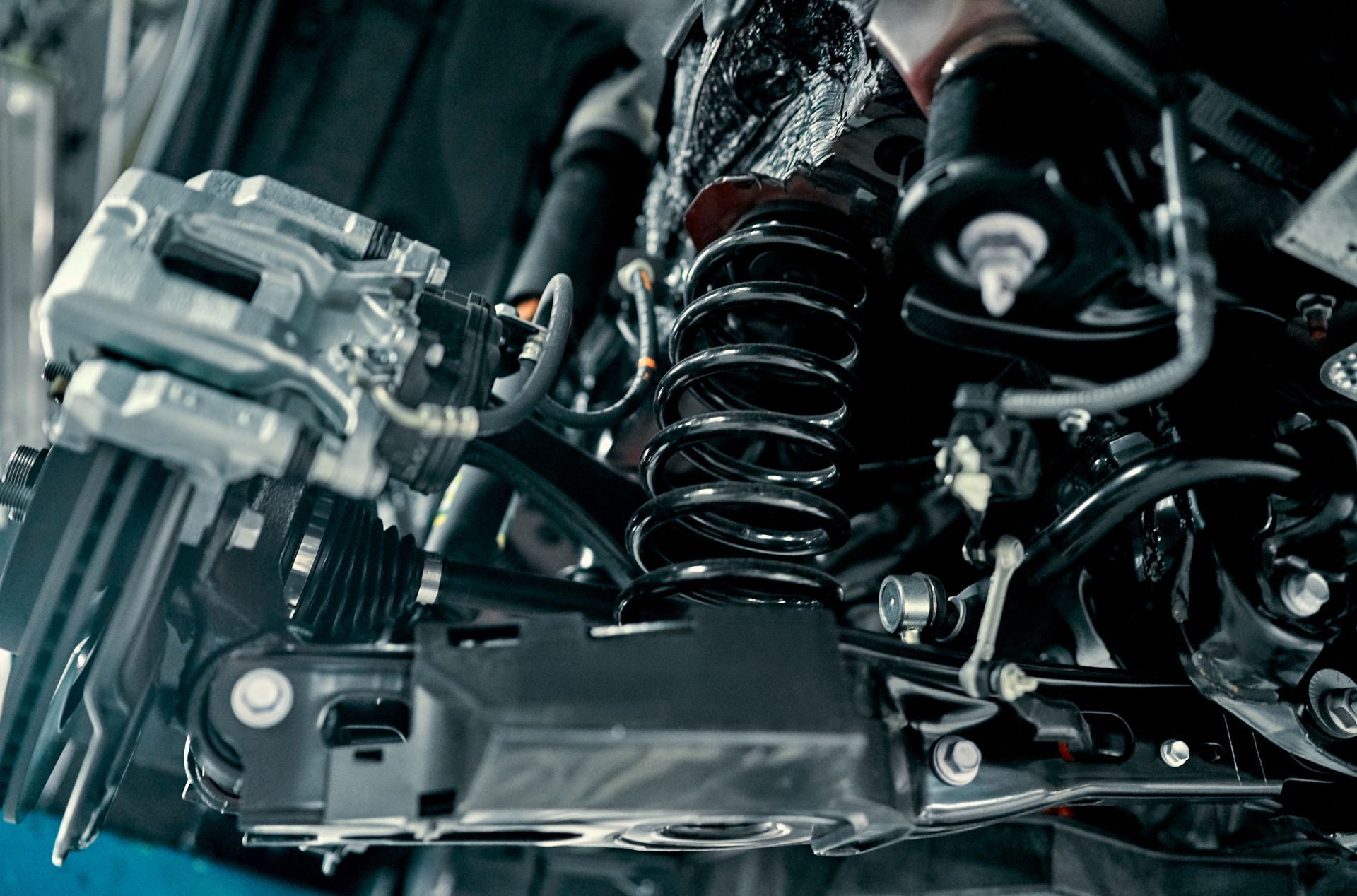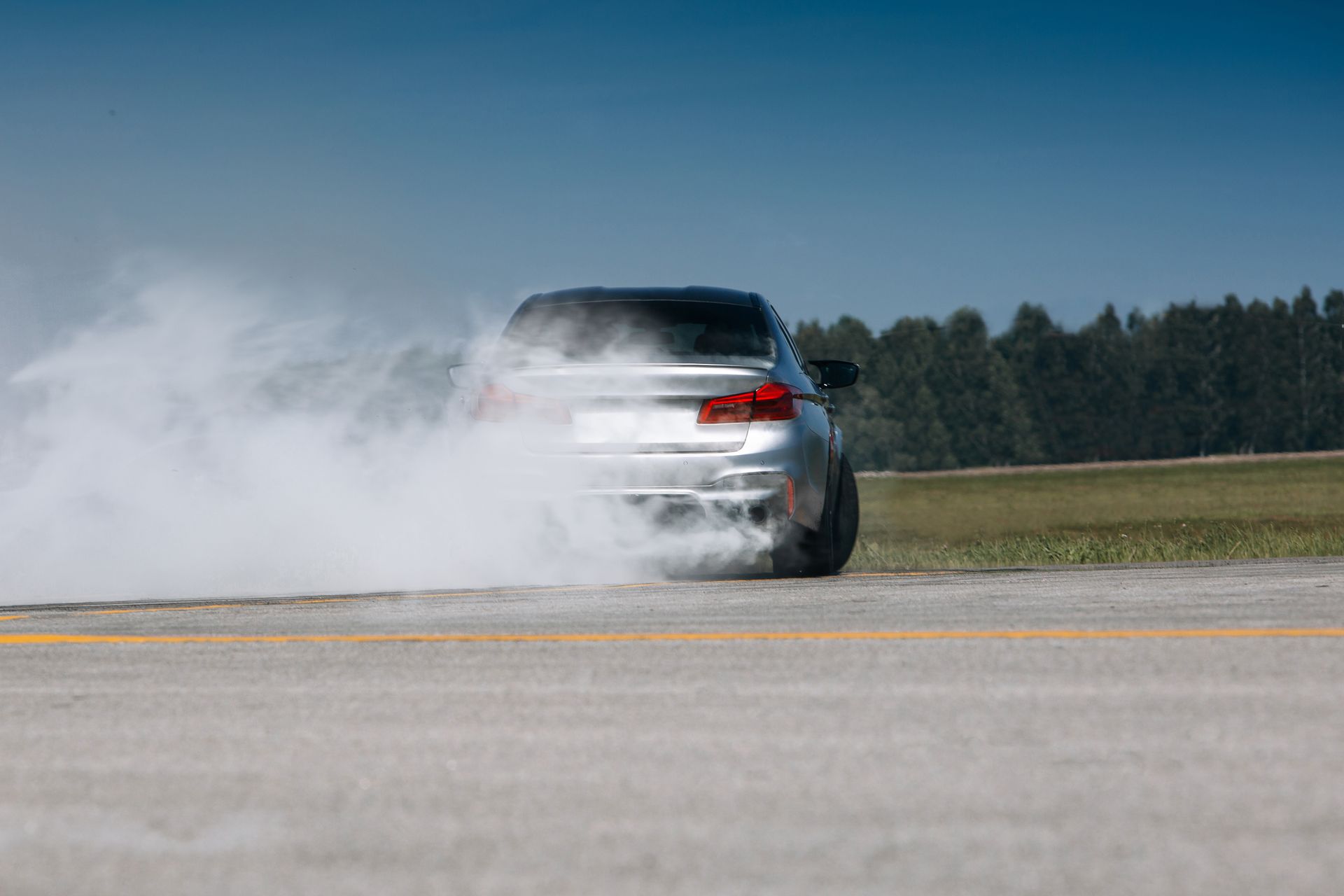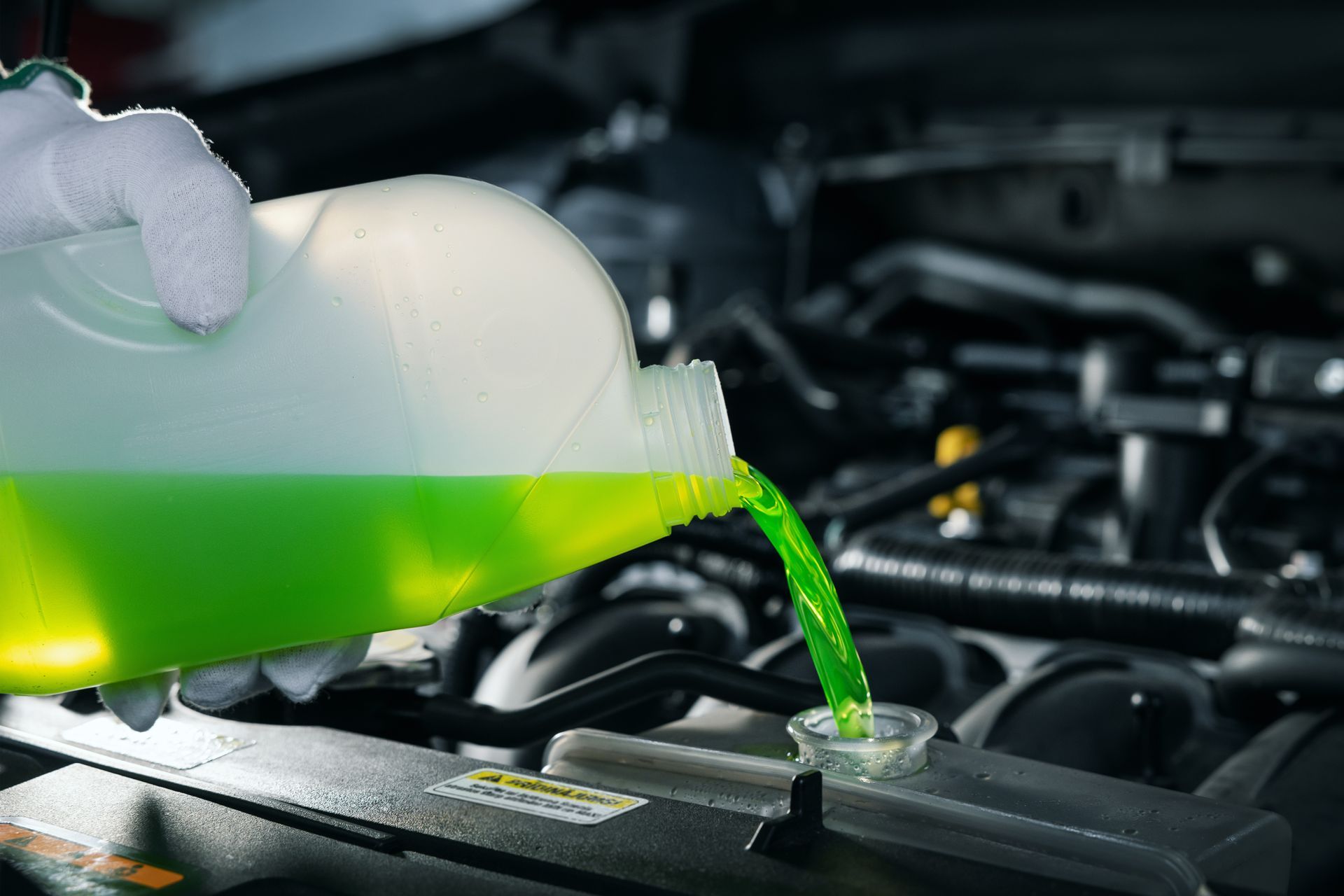The Volkswagen Beetle, affectionately known as the "Bug," holds a special place in the hearts of car enthusiasts and casual drivers alike. For decades, this unique and unmistakable vehicle was a symbol of style, simplicity, and efficiency. From its original debut in 1938 to its last production model in 2019, the Beetle's history is rich, filled with cultural milestones, and has had a significant impact on the automotive industry. However, after more than 70 years of production, Volkswagen made the decision to discontinue the Beetle. So, what led to the end of this iconic car?
The Beetle’s Storied History
The Volkswagen Beetle was born out of necessity in 1938 when German automaker Ferdinand Porsche, at the request of Adolf Hitler, designed a car that could be affordable for the masses. The goal was to create a "people's car," one that could be accessible to the average German citizen. The design was simple yet durable, featuring a rear-engine, air-cooled setup, which became its hallmark.
After World War II, the Beetle made its way to markets around the world, particularly in the United States, where it became a cultural icon during the 1960s and 1970s. Its compact size, quirky shape, and reliable performance made it a favorite among young drivers, environmentalists, and those seeking an affordable yet stylish car. Over the years, the Beetle enjoyed success in many markets, becoming the best-selling car in the world by the 1970s.
A Shift in Market Demands
Despite its popularity, the Beetle faced significant challenges as the automotive market evolved. One of the main reasons for the discontinuation of the Beetle was changing consumer preferences and the rise of newer, more efficient vehicles.
The 1970s and 1980s brought about significant changes in the automotive landscape. Consumers began to demand cars with more modern features, greater fuel efficiency, and improved safety. The Beetle, while beloved for its simplicity and charm, was not able to compete with the technological advancements being made by other automakers. The car's design, which had been revolutionary at the time, began to feel outdated in comparison to the sleek, aerodynamic models of the new era.
Additionally, environmental concerns and the push for greater fuel efficiency led to the rise of smaller, more eco-friendly vehicles. The Beetle's outdated engine, rear-engine configuration, and lack of modern safety features made it less attractive to consumers who were seeking more technologically advanced vehicles.
The 1998 Rebirth: The New Beetle
In the late 1990s, Volkswagen decided to revive the Beetle, introducing the "New Beetle" in 1998. This new version featured a more modern design, with front-wheel drive and a new, more fuel-efficient engine. The New Beetle was an instant hit with car buyers who loved the retro charm of the old Beetle, combined with the benefits of modern technology. The car’s success in the early 2000s proved that there was still a market for the Beetle.
However, despite the initial success of the New Beetle, the market began to shift again. While the car appealed to a specific demographic, it didn’t achieve the mass appeal that the original Beetle once had. Additionally, with the rise of SUVs and crossovers, smaller cars like the Beetle began to lose their appeal, particularly in markets like the United States.
The Final Decision: Discontinuing the Beetle
In 2018, Volkswagen announced that the Beetle would be discontinued after the 2019 model year. The decision came after a series of factors that led the company to focus on producing vehicles that better aligned with current consumer trends. The Beetle’s production numbers had dwindled significantly in the years leading up to its discontinuation, and it no longer had the same place in the market that it once did.
There were several reasons behind the discontinuation:
Declining Sales
While the New Beetle had enjoyed a successful run in the early 2000s, its sales had decreased over the years. Consumers were increasingly opting for more practical vehicles, such as SUVs and trucks, which offered more space and utility. As a result, the Beetle’s unique appeal no longer resonated with enough people to justify its continued production.
The Rise of SUVs and Crossovers
The automotive industry saw a massive shift toward larger vehicles, especially SUVs and crossovers. These vehicles offered more space, higher driving positions, and more features, making them the preferred choice for families and those seeking more versatile transportation.
Global Trends and Changing Consumer Preferences
Globally, consumer tastes began to shift toward electric vehicles, hybrids, and advanced technology features. Volkswagen, like many other automakers, decided to pivot toward producing vehicles that aligned with these growing trends. The Beetle, with its classic design and outdated features, didn’t fit into the company's future vision.
Volkswagen’s New Focus on Sustainability
Volkswagen’s decision to discontinue the Beetle also aligned with their broader efforts to become more environmentally responsible. The company has made significant investments in electric vehicles (EVs), and the production of an internal combustion engine car like the Beetle didn’t fit into their strategy for the future.
The End of an Era
When production of the Beetle officially ended in 2019, it marked the conclusion of an era for one of the most beloved cars in automotive history. The Beetle had transcended its original purpose as a simple, affordable car and had become a symbol of cultural and social movements. It had a significant impact on the automotive industry.
If you own a Beetle or any other Volkswagen vehicle that needs maintenance, repairs, or a tune-up, our team of expert technicians at
California Star in Lafayette, CA is here to help. Don’t hesitate to contact us for professional, high-quality auto service.


